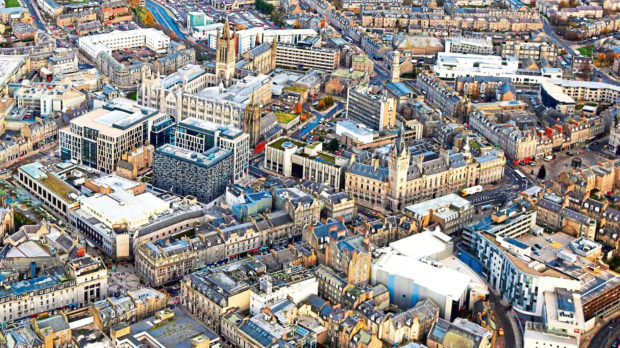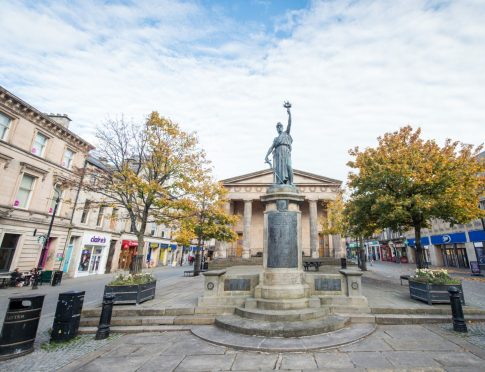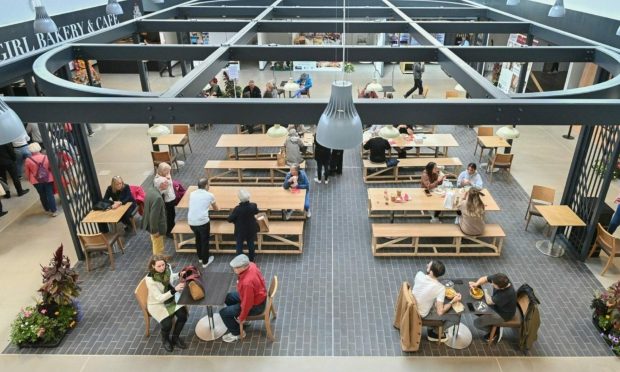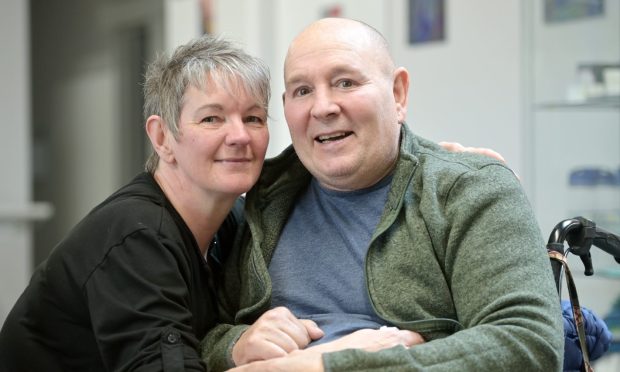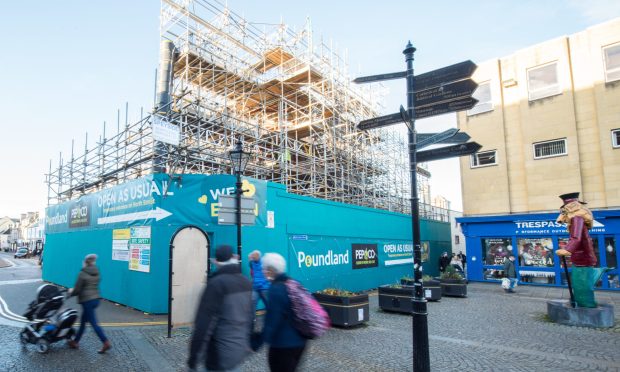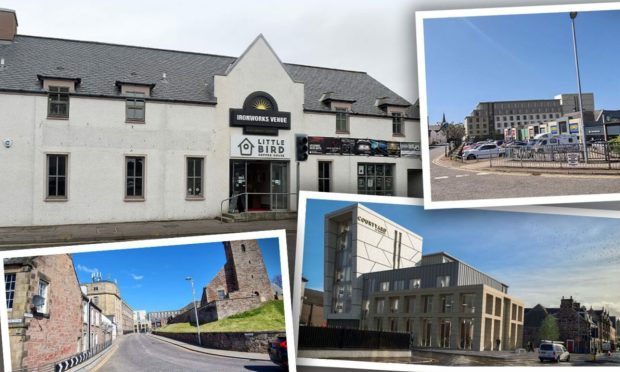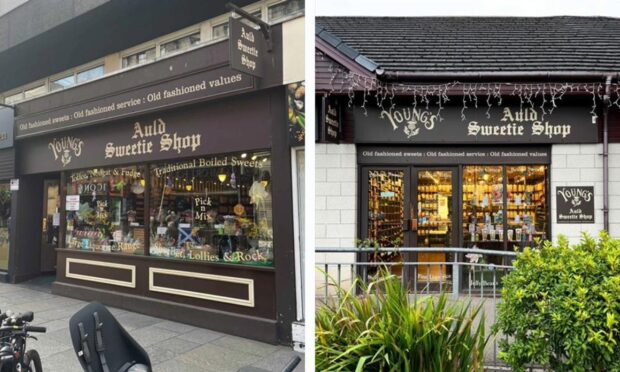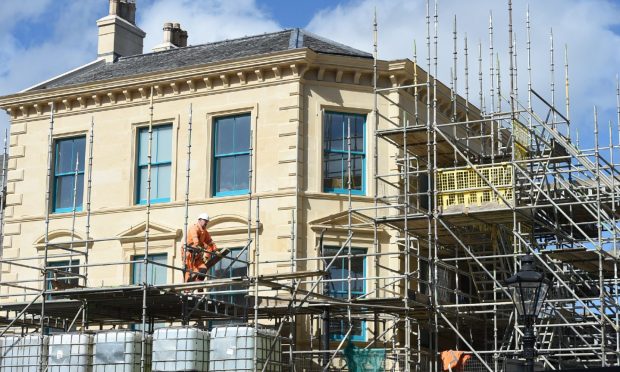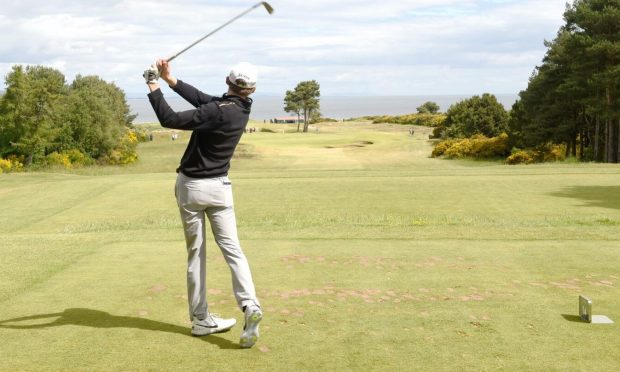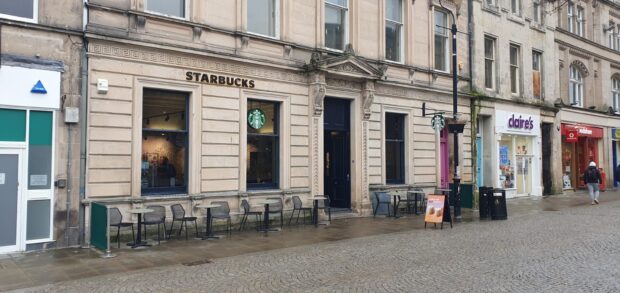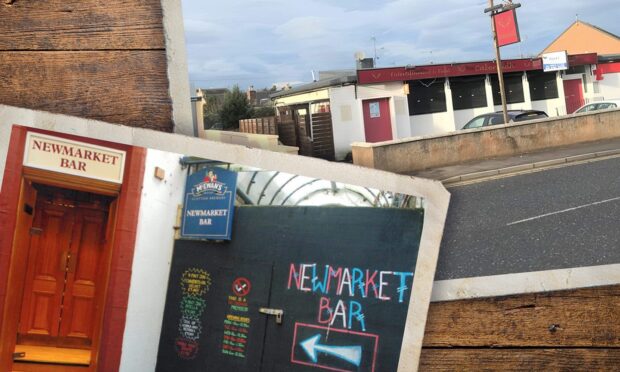A new report from PwC says the Aberdeen economy is poised for 4.1% growth in 2021.
In normal times that would be cause for celebration but it comes after a near 10% contraction during 2020, according to the global professional services firm’s Good Growth for Cities report.
It also says Scotland’s three biggest cities suffered declines in their local economies of between 9.1% and 10.4%, in gross value added (GVA) terms, last year,
The average decline across Aberdeen, Edinburgh and Glasgow was 9.7%, better than the percentage drop of 11% typically seen in cities across the whole UK.
Edinburgh is the UK city least impacted by the pandemic but will be among the slowest to recover, the report says.
The economic recovery profiles north and south of the border are more similar, with Aberdeen’s economy predicted to grow by 4.1% this year and Glasgow by 4.6%. Edinburgh’s economic growth is expected to lag behind, at 3.9%.
The Demos-PwC Good Growth for Cities Index ranks 42 of the UK’s largest cities based on the public’s assessment of 10 key economic wellbeing factors, including jobs, health, income and skills, as well as work-life balance, house affordability, travel-to-work times, income equality, environment and business start-ups. Aberdeen is in seventh spot.
PwC’s GVA analysis took into account factors including a city’s sectoral make-up, the impact of the use of the furlough scheme to protect jobs and rates of Universal Credit claims and Covid-19 infections.
The report suggests the UK cities which have suffered the biggest economic fallout of the pandemic are likely to make the fastest recovery.
But they are still expected to be worse off than at the beginning of the pandemic, compared to more resilient places.
Recovery will not necessarily instigate an increase in economic activity, the report says, calling for the UK’s recovery to look beyond national economic growth and “double-down” on efforts to tackle inequalities.
Stewart Wilson, government and health industries leader at PwC Scotland, said: “The latest Good Growth for Cities report examines a country clearly facing an enormous challenge, which has impacted the health and the economies of our towns and cities like nothing else in recent memory.
“The pandemic has shone a spotlight on existing economic and social inequalities. When the post-pandemic recovery begins in earnest, we must look beyond GDP (gross domestic product) and focus our collective efforts on tackling issues that really matter to the public, and their local economies, such as skilling, sustainable income and health, and wellbeing.”
He added: “We need an approach which takes into account the strengths and needs of individual towns and cities to build more resilience and drive a fair recovery across the UK.”
Introducing their report, launched today, PwC economist George Mason and economic consultant Paddy Schmidt say: “There is now a growing expectation that these issues must be addressed as the UK looks towards its recovery – a palpable sense of the need to build a better, fairer future.
“A broader approach to economic wellbeing is needed. One that embraces social, health and economic outcomes more fully.”
